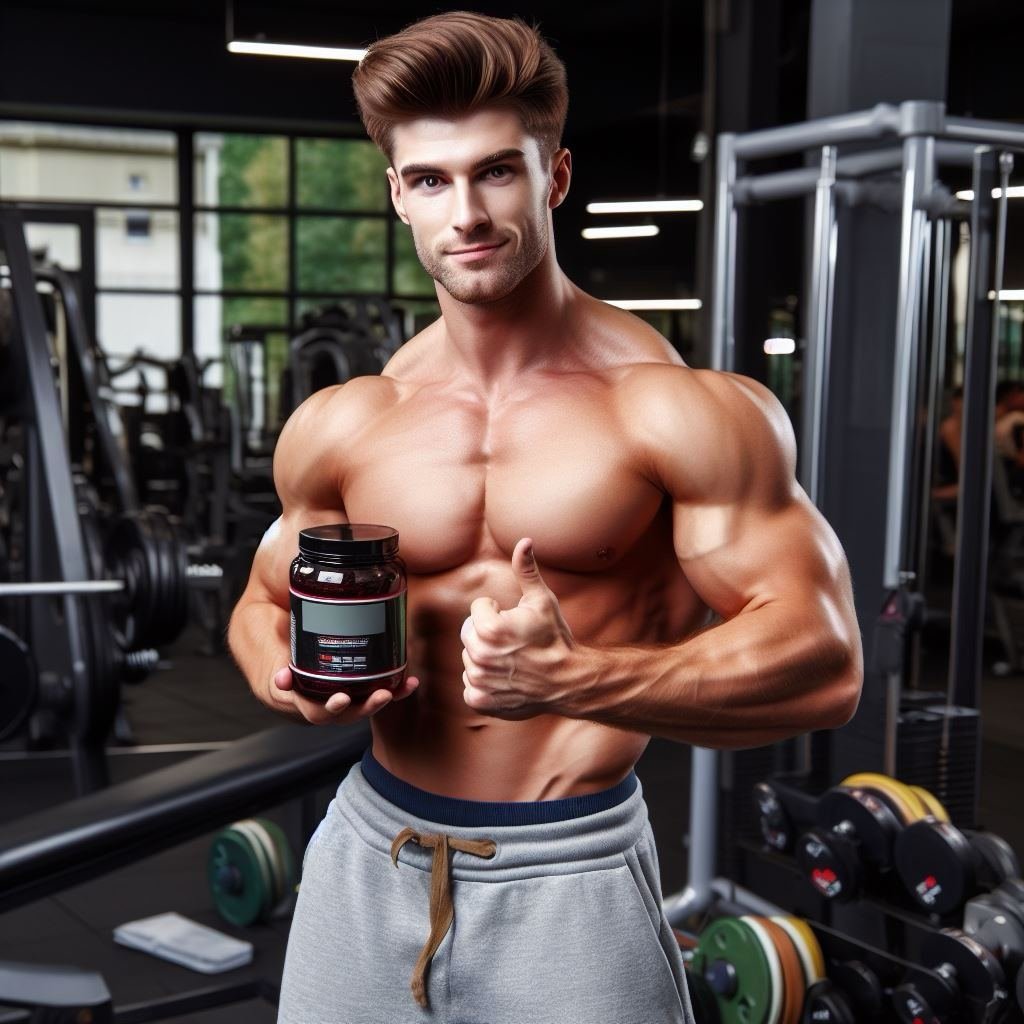Introduction: The Intersection of Drugs, Sports Nutrition, and Weight Loss Supplements
The world of fitness and health is an ever-evolving field, with new research, products, and trends surfacing regularly. Among the most discussed topics in this realm are drugs, sports nutrition, and supplements for weight loss. These elements, though distinct, often intersect in the pursuit of optimal physical performance and body composition.
Drugs, in the context of fitness, typically refer to performance-enhancing substances. These can range from anabolic steroids to stimulants, and while some are legally prescribed for certain conditions, their misuse can lead to serious health consequences. Sports nutrition, on the other hand, involves the study and practice of nutrition and diet with regards to improving one’s athletic performance. Nutrition is an important part of many athletes’ training regimen, thus the constant search for the best food and drink choices.
Meanwhile, weight loss supplements are products designed to aid in reducing body weight, often by suppressing appetite, increasing metabolism, or reducing absorption of fat. Like drugs, these supplements can have side effects and should be used responsibly. They’re often sought after by individuals trying to lose weight quickly, but their effectiveness varies widely.
This article will delve into these three areas, examining their roles, effectiveness, and potential risks. It will also explore how they intersect and influence one another in the pursuit of health and fitness goals. Whether you’re an athlete seeking to enhance your performance, an individual aiming for weight loss, or simply someone interested in health and fitness, this comprehensive overview will provide valuable insights.
The Complex World of Performance Enhancing Drugs, Sports Nutrition, and Weight Loss Supplements
Performance Enhancing Drugs
Performance-enhancing drugs (PEDs) are substances used by athletes and fitness enthusiasts to improve their physical abilities. They include anabolic steroids, human growth hormone (HGH), and stimulants. While some PEDs are legal and prescribed by doctors for certain conditions, their misuse can lead to severe health issues such as heart problems, hormonal imbalances, and mental health disorders.
Anabolic steroids, for instance, can increase muscle mass and strength, but their misuse can lead to heart disease, liver damage, and mood disorders. Similarly, HGH can improve muscle growth and recovery, but excessive use can result in joint pain, insulin resistance, and even cancer. Stimulants, like amphetamines, can enhance focus and reduce fatigue, but they can also cause heart palpitations, high blood pressure, and addiction.
Sports Nutrition
Sports nutrition focuses on the diet of athletes to optimize their performance and recovery. It encompasses everything from the timing of meals to the balance of macronutrients (proteins, fats, and carbohydrates) and micronutrients (vitamins and minerals). Sports nutrition is a critical aspect of an athlete’s regimen, as the right diet can enhance performance, speed up recovery, and prevent injury.
For example, consuming protein after a workout can aid muscle recovery and growth, while carbohydrates before an event can provide the necessary energy. Hydration is also vital, as even a small amount of dehydration can impair performance. Athletes also need to be aware of their vitamin and mineral intake, as deficiencies can lead to fatigue, muscle weakness, and poor recovery.
Weight Loss Supplements
Weight loss supplements are products designed to aid in reducing body weight. They work in various ways: some suppress appetite, some increase metabolism, and others reduce the absorption of fat. However, their effectiveness varies widely, and they should be used responsibly.
For instance, fat burners claim to increase fat metabolism or energy expenditure, impair fat absorption, increase weight loss, and increase fat oxidation during exercise. However, their side effects can include heart palpitations, anxiety, and gastrointestinal issues. Appetite suppressants, on the other hand, may lead to headaches, nausea, and mood changes.
Conclusions
The domains of performance-enhancing drugs, sports nutrition, and weight loss supplements are complex and multifaceted. While each has its place in the fitness world, they should be approached with caution and understanding. Misuse of PEDs can lead to severe health issues, while poor sports nutrition can impair performance and recovery. Weight loss supplements, while beneficial for some, are not a magic solution and come with their own risks.
Ultimately, the key to health and fitness lies in a balanced approach: a well-rounded diet, regular exercise, and responsible use of supplements if necessary. Consulting with healthcare professionals or certified nutritionists can provide personalized advice and ensure that you’re meeting your goals in a safe and sustainable way.

 VITAMINS AND MINERALS
VITAMINS AND MINERALS
